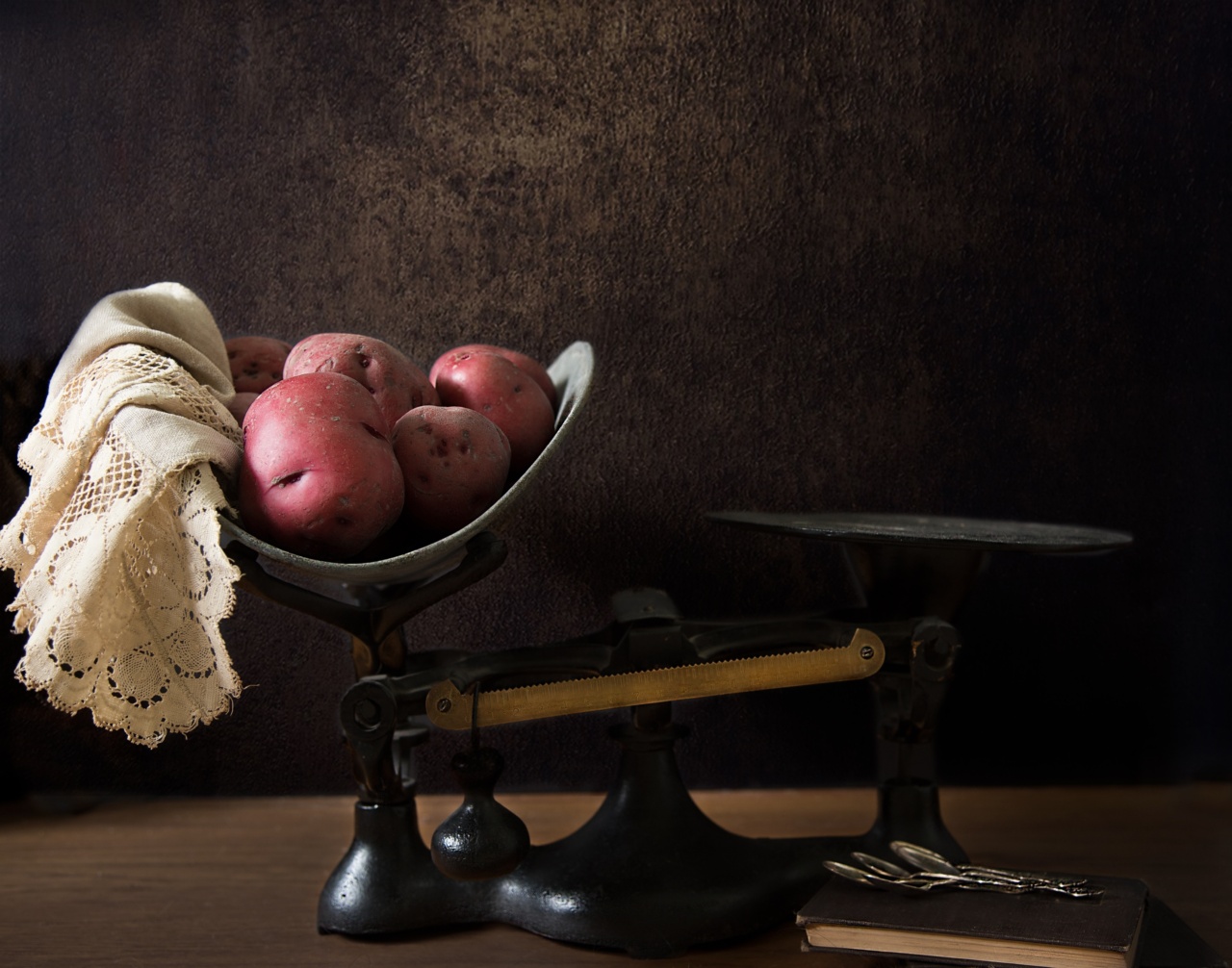Food is a source of nourishment and pleasure, but for many people, it can also be a source of guilt and anxiety.
In today’s society, where there is so much emphasis on dieting and body image, it’s easy to develop a complicated relationship with food. However, it is possible to find a balance between enjoying food and staying healthy without feeling guilty. This article will explore the importance of finding this balance and provide tips on how to achieve it.
The Role of Food in Our Lives
Food serves many purposes in our lives beyond just providing sustenance. It is a social activity that brings people together at meals and celebrations. It can be an emotional comfort during hard times or a way to celebrate achievements.
Food is part of our cultural identity, and it can be a way to explore and experience different cultures. It also plays a crucial role in supporting our physical health and well-being.
However, societal norms and pressures can make it challenging to have a healthy relationship with food.
With diets and weight loss trends constantly bombarding us, it’s easy to feel guilty about the foods we eat, often labeling them as “good” or “bad.” This mindset can lead to an unhealthy preoccupation with food and negative emotions, such as guilt or shame, when we indulge in something we enjoy.
The Dangers of Food Guilt
Feeling guilty about our food choices can have several negative effects on our overall well-being. Firstly, it can lead to an unhealthy relationship with food, where we restrict ourselves too much or engage in disordered eating patterns.
This can lead to nutritional deficiencies, weight fluctuations, and mental health issues.
Food guilt can also impact our mental health. It creates a negative cycle of self-judgment and shame that can erode our self-esteem and body image.
The constant focus on what we eat and the guilt associated with certain foods can lead to anxiety and depression. It may even cause us to avoid social situations that revolve around food altogether, causing isolation and affecting our overall quality of life.
Practicing Mindful Eating
One way to find balance with food and guilt is through the practice of mindful eating. Mindful eating involves paying full attention to the experience of eating and savoring each bite without judgment.
It helps us develop a greater awareness of our hunger and fullness cues and make food choices based on our body’s needs.
Here are some tips to incorporate mindful eating into your daily routine:.
1. Slow Down
Eating slowly and savoring each bite allows us to fully experience the flavors and textures of the food. It also gives our brain enough time to process the signals from our stomach, letting us know when we are satisfied.
2. Listen to Your Body
Tune in to your body’s hunger and fullness cues. Eat when you are physically hungry, and stop eating when you are comfortably full. Avoid eating out of boredom, stress, or as a way to deal with emotions.
3. Engage Your Senses
Engage all your senses while eating. Notice the colors, smells, and textures of the food. Take small bites and chew slowly, fully experiencing the tastes and mouthfeel of each bite.
4. Banish Guilt
Avoid labeling foods as “good” or “bad.” Allowing yourself to enjoy all types of foods without guilt can help you find a better balance.
Remember that no single food will make or break your health; it’s about overall patterns and moderation.
5. Practice Gratitude
Instead of focusing on what you “shouldn’t” or “can’t” eat, shift your mindset to gratitude for the nourishment and enjoyment that food provides.
Appreciate the effort that went into preparing your meal and the pleasure it brings.
Finding Physical Activity You Enjoy
Physical activity is another important aspect of finding balance with food and guilt. Engaging in regular exercise not only supports physical health but also has a positive impact on mental well-being.
However, many people view exercise as a means to “burn off” calories or punish themselves for indulging in certain foods.
The key to embracing exercise without guilt is finding activities that you genuinely enjoy. Instead of focusing on calories burned, shift your attention to how exercise makes you feel.
Choose activities that bring you joy, whether it’s dancing, hiking, swimming, or playing a team sport. By finding pleasure in exercise, you will be more motivated to engage in it regularly and reap the physical and mental benefits.
Seeking Support
Finding balance with food and guilt can be challenging, especially if you’ve struggled with disordered eating patterns or negative body image for a long time.
In such cases, seeking support from a professional, such as a registered dietitian or therapist specializing in eating disorders, can be immensely helpful.
A professional can provide guidance tailored to your individual needs and help you develop a healthier relationship with food.
They can teach you coping strategies, provide emotional support, and help you challenge negative thoughts about food and body image.
Embracing the Journey
Learning to find balance with food and guilt is a journey that requires patience and self-compassion. It’s important to remember that it’s normal to have days where you may feel more guilty or struggle with finding balance.
Be kind to yourself and acknowledge that you are doing your best.
By practicing mindfulness, embracing joyful movement, and seeking support when necessary, you can gradually build a healthier relationship with food.
Remember that the goal is not perfection but finding a sustainable balance that allows you to nourish your body, enjoy food, and live a fulfilling life.






























